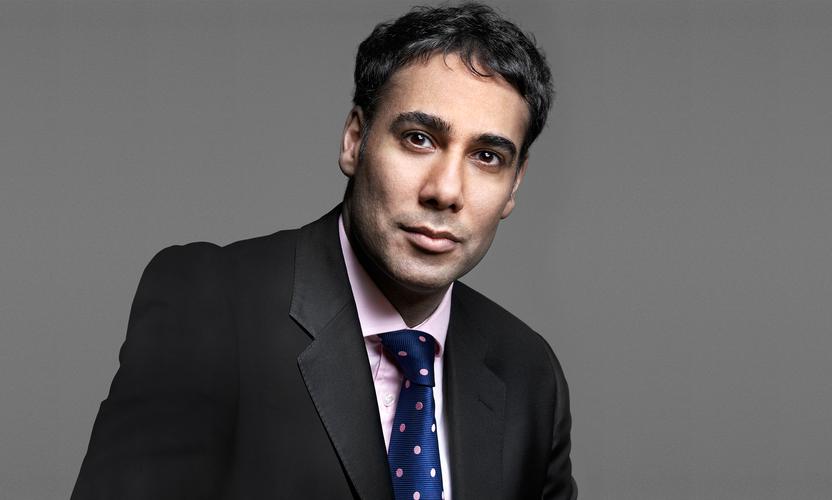Reports on the financial strains at the property developer China Evergrande Group have been unnerving global markets, drawing comparisons to a level of systemic risk akin to a ‘Lehman Brothers moment’. I think this tends to overstate what are better understood as the isolated challenges of an overstretched firm. What we are seeing with Evergrande is in part the direct outcome of a proactive policy tightening and more stringent regulation of the property development sector that has taken shape in China over the course of the past year and longer.
The convergence of monetary, fiscal, and regulatory tightening that we’ve seen in China in recent months has come as policymakers seek to reinforce a strategy that places the paramount focus on ensuring more sustainable development. In practical terms, this means a shift away from targeting high levels of nominal GDP expansion and towards a sustainable growth agenda that looks to consider societal and systemic risks. Naturally, these conditions have created a challenging environment for highly leveraged firms as well as those in sectors that find themselves in the eye of the regulatory storm. Policymakers are particularly focused on avoiding rampant speculation in the property market, which has also been subject to a number of sector-specific measures to stabilise price inflation and curtail excessive leverage.
A lot of what we are seeing here represents an aggregate strategy of avoiding longer term economic and societal risks, and part of what has informed this latest iteration of China’s economic growth strategy has been studying where issues have arisen elsewhere in the world.
It is fair to say that this is a delicate balance, one that calls for enforcing discipline on the market but with an eye on localised systemic risks that can emerge as a result. For example, we have previously seen smaller property developers go bust, and a number of private and state-owned firms defaulted in the onshore market last year. But intervention and financial support are also quick to emerge for firms that have greater systemic significance, such as we saw earlier this year with China Huarong Asset Management.
The vast majority of instances where individual events create wider contagion tend to be in circumstances where excess leverage has been allowed to build up broadly within certain parts of the economy, normally in the blind spot of policy makers and capital market participants. Given the progressive focus on areas such as shadow banking, leverage in the property sector, and lending through payment apps, it would be hard to argue that there is a broader ‘reset’ to come. Of course, there can always be policy missteps, but it feels like commentary describing the events around Evergrande as China's ‘Lehman Brothers moment’ is wide of the mark.








































